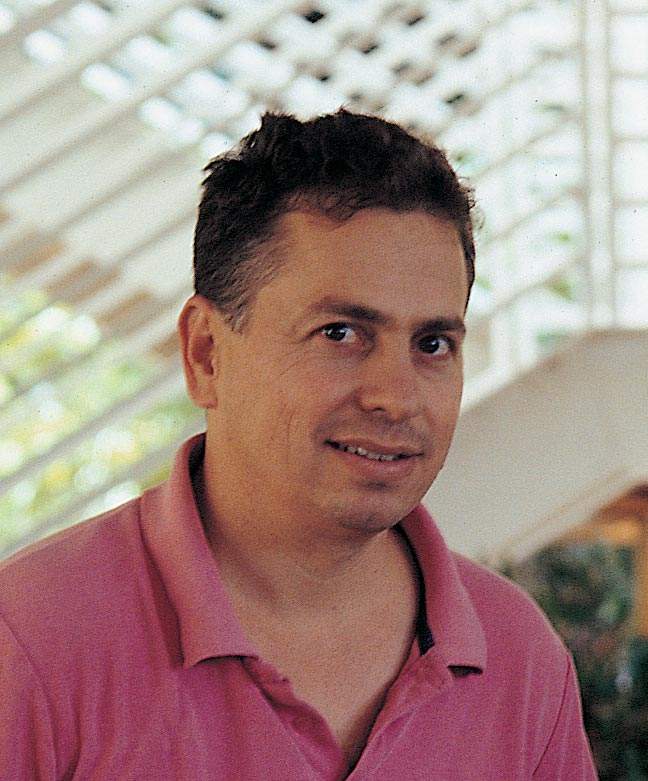Dr. Yitzhak (Tzahi) Pilpel of the Weizmann Institute’s Molecular Genetics Department will be this year’s recipient of the James Heineman Research Award in Biological and Biomedical Research for 2006.

This award has been given every two years, since 1996, in memory of James Heineman, son of the Heineman Stiftung founder, Dannie Heineman. It is granted to exceptional young, non-tenured scientists with a record of outstanding research achievements, and is meant to encourage further accomplishments in the framework of international collaboration in their research fields. The recipients alternate between researchers from the Max Planck Institutes and those from the Weizmann Institute of Science.
Dr. Pilpel has headed an independent research group at the Weizmann Institute for the last three years, following post-doctoral research in the lab of George Church at Harvard University, one of the preeminent genetics labs in the world. At age 37, Pilpel is already known as an innovative researcher in bioinformatics and computational biology, having worked in the field for over ten years, long before such methods became fashionable. He has shown impressive skill in 'picking biological problems of seminal importance and, through his clear definition of the questions and the computational ways to address them, coming up with profound insights,' says Prof. Ben-Zion Shilo, the Institute’s Dean of the Faculty of Biochemistry.
For instance, an analysis he recently performed on a large number of studies demonstrated the evolutionary significance of redundant genes in yeast – back-up genes that can be activated when the primary gene fails. He showed that such back-ups are not identical but, rather, similar genes with slightly different functions that can be recruited to fill in when needed. Experimentation is now turning up evidence to validate this analysis. In other research, he examined the expression of antisense RNA, which blocks the production of specific proteins, and showed how, in a chain of biomolecular events, the timing of antisense RNA production may be crucial to regulation. This finding may have important implications for cancer research, among others.
At present, Pilpel and his research team are compiling large amounts of genetic data to identify regulatory motifs – specific sequences or configurations with gene regulation functions – in the genomes of several organisms. They are assembling these motifs into a sort of comprehensive dictionary that will help scientists in many fields to understand the processes by which gene activity is stimulated or repressed.
Dr. Pilpel has been invited to Berlin to lecture and to be presented the award at the annual Board Meeting of the Heineman Stiftung, in May.
